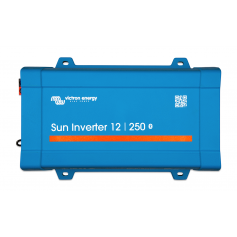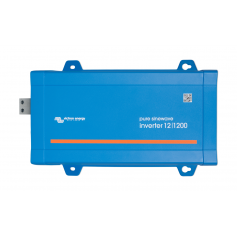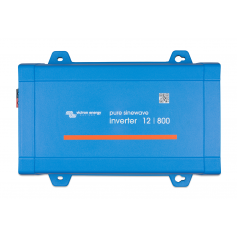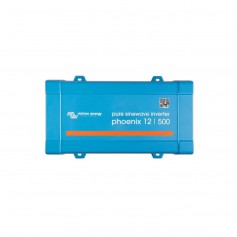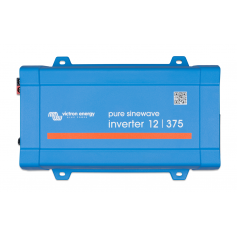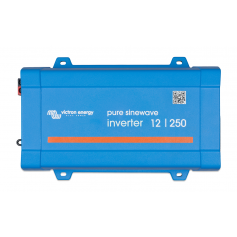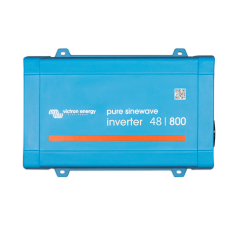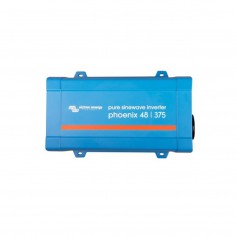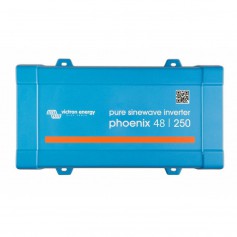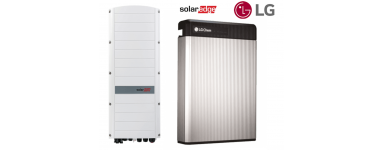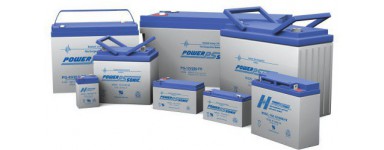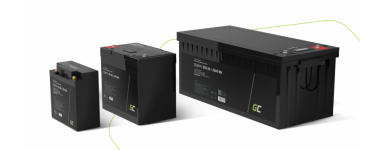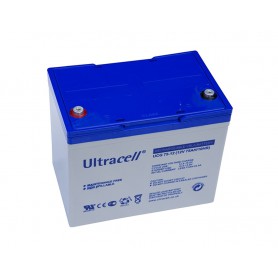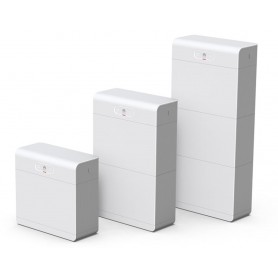No products
Filters
Solar BatteriesThere are 137 products.
Energy Storage: The Key to a Sustainable Future. Whether for home or industrial use, energy storage offers numerous benefits. By storing energy, we can harness renewable energy sources like solar and wind power, even when they are not available. Additionally, energy storage can help reduce peak loads and improve the reliability of the electricity grid.
Subcategories
-
Energy system packs
-
Home Energy Storage
The Future of Sustainable Living. With a home battery, you can store self-generated solar energy and use it when you need it. This leads to greater energy independence, lower energy costs, and a smaller carbon footprint.
-
Commercial battery systems
Commercial battery systems are becoming increasingly popular as businesses look to reduce their energy costs, improve their sustainability, and ensure energy resilience. These systems store excess energy generated by renewable sources like solar panels or wind turbines, allowing businesses to use it during peak demand periods or when the grid is unstable.
Key Components of Commercial Battery Systems:
- Battery cells: The fundamental units of energy storage. Lithium-ion batteries are the most common type used in commercial systems due to their high energy density and long lifespan.
- Battery Management System (BMS): This sophisticated electronic system monitors and controls the battery cells, ensuring safe and efficient operation.
- Inverters: These devices convert DC power from the batteries into AC power that can be used by commercial facilities.
- Energy Management System (EMS): The EMS software integrates the battery system with other components of the electrical grid, optimizing energy flow and usage.
Benefits of Commercial Battery Systems:
- Reduced energy costs: By storing excess energy, businesses can reduce their reliance on the grid during peak demand periods, leading to lower energy bills.
- Improved energy resilience: Battery systems can provide backup power during grid outages, ensuring business continuity and minimizing downtime.
- Increased sustainability: By storing renewable energy, businesses can reduce their carbon footprint and contribute to a more sustainable future.
- Peak shaving: Battery systems can help to reduce peak demand, which can lower overall energy costs and improve grid stability.
- Time-of-use rate optimization: By storing energy during off-peak hours and using it during peak hours, businesses can take advantage of time-of-use rate structures.
Types of Commercial Battery Systems:
- Lithium-ion batteries: The most common type due to their high energy density and long lifespan.
- Lead-acid batteries: While less efficient than lithium-ion batteries, lead-acid batteries are still used in some commercial applications due to their lower cost.
- Flow batteries: These batteries use liquid electrolytes to store energy, offering long lifespans and good scalability.
Factors to Consider When Choosing a Commercial Battery System:
- Energy storage capacity: The system should be able to store enough energy to meet your business's needs.
- Power output: The system should be able to deliver the required power to your facility.
- Cycle life: The number of times the battery can be charged and discharged before its capacity degrades significantly.
- Scalability: The system should be scalable to accommodate future growth or changes in your energy needs.
- Maintenance requirements: Consider the ongoing maintenance and monitoring needs of the battery system.
- Return on investment: Evaluate the potential cost savings and other benefits of the battery system to determine if it's a worthwhile investment.
Conclusion
Commercial battery systems offer a range of benefits for businesses, including reduced energy costs, improved resilience, and increased sustainability. By carefully considering factors such as energy storage capacity, power output, and return on investment, businesses can select the right battery system to meet their specific needs.
-
Lead-acid (AGM and Gel) batteries
AGM: design life 7-10 years
GEL: design life 12 yearsThe AGM range has very low internal resistance making them particularly suitable for high current discharge applications such as for inverters, thrusters and winches.
The GEL model range offers best deep cycle durability and overall longer life.
The use of high purity materials and lead calcium grids ensure that for both AGM and GEL products have particularly low self-discharge so that they will not go flat during long periods without charge. Both ranges are supplied with M8 drilled, flat copper terminals ensuring best possible connection contact and eliminating the need for battery terminals. The batteries are compliant with both CE and UL specifications in ABS fireproof containers and come with Victron's 2 year world-wide warranty.
-
LiFePO4 Battery
A revolution in battery technology, Lithium-Iron-Phosphate (LiFePO4) batteries offer significant advantages over traditional lead-acid batteries.
Key Benefits:
• Long Cycle Life: LiFePO4 batteries can endure up to 2,000-3,000 charge-discharge cycles, significantly outlasting lead-acid batteries.
• Superior Safety: They are inherently safer, with a lower risk of thermal runaway and fire compared to other lithium-ion chemistries.
• High Energy Density: LiFePO4 batteries pack more energy into a smaller, lighter package, making them ideal for portable applications.
• Fast Charging: They can be charged much faster than lead-acid batteries, often reaching full charge in a few hours.
• Wide Operating Temperature Range: LiFePO4 batteries perform well in both hot and cold environments.
• Environmentally Friendly: They contain no heavy metals and are recyclable, making them a more sustainable choice.
Applications:
• Electric Vehicles: LiFePO4 batteries are increasingly used in electric cars and other electric vehicles due to their safety and long life.
• Renewable Energy Storage: They are ideal for storing energy from solar panels and wind turbines, providing backup power during grid outages.
• Portable Electronics: LiFePO4 batteries power a wide range of devices, from smartphones to power tools.
• Medical Devices: Their reliability and safety make them suitable for powering medical equipment.
In conclusion, LiFePO4 batteries offer a compelling combination of performance, safety, and environmental benefits, making them a preferred choice for various applications.
-
-
-
-
-
-
-
-
-
-
-
-
-
-
-
-
-
-
-
-
-
-
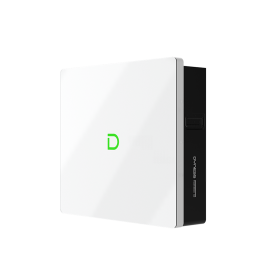 Sale!In Stock = 9x
Sale!In Stock = 9x -
-
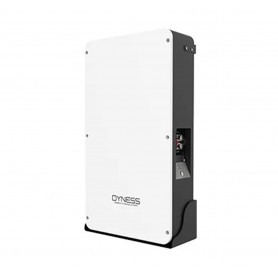 Sale!Out of stock
Sale!Out of stock -
-
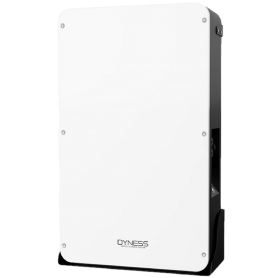 Sale!Pre-order! Be the first in line to receive this product. When item is on stock we will serve the already placed orders first.
Sale!Pre-order! Be the first in line to receive this product. When item is on stock we will serve the already placed orders first. -
-
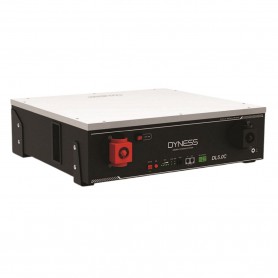 Sale!In Stock = 2x
Sale!In Stock = 2x -
-
-
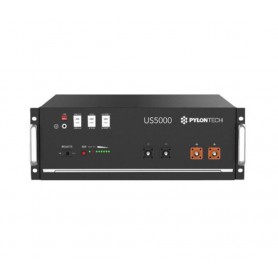 Sale!In Stock = 21x
Sale!In Stock = 21x -
-
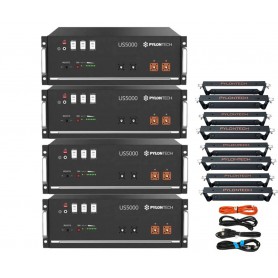 Sale!In Stock = 29x
Sale!In Stock = 29x -
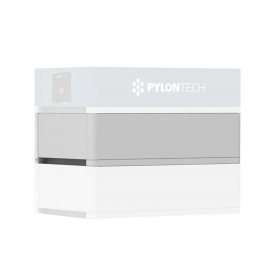 Sale!Note: Shipping costs must be calculated separately for this product.
Sale!Note: Shipping costs must be calculated separately for this product.Pylontech Force H3 5.1kWh FH10050 high voltage battery
Note: Shipping costs must be calculated separately for this product. -
-
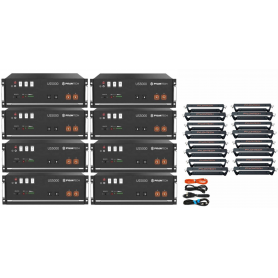 Sale!In Stock = 43x
Sale!In Stock = 43x -
-
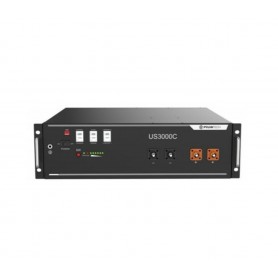 Sale!In Stock = 7x
Sale!In Stock = 7x -
 Sale!Pre-order! Be the first in line to receive this product. When item is on stock we will serve the already placed orders first.
Sale!Pre-order! Be the first in line to receive this product. When item is on stock we will serve the already placed orders first.Huawei LUNA 15kWh Off Grid Energystorage battery
Pre-order! Be the first in line to receive this product. When item is on stock we will serve the already placed orders first. -
-
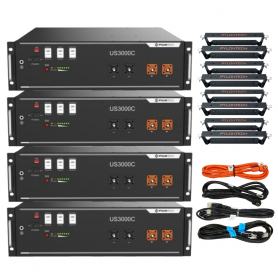 Sale!In Stock = 8x
Sale!In Stock = 8x -
 Sale!Pre-order! Be the first in line to receive this product. When item is on stock we will serve the already placed orders first.
Sale!Pre-order! Be the first in line to receive this product. When item is on stock we will serve the already placed orders first.Huawei LUNA 10kWh Off Grid Energystorage battery
Pre-order! Be the first in line to receive this product. When item is on stock we will serve the already placed orders first. -
-
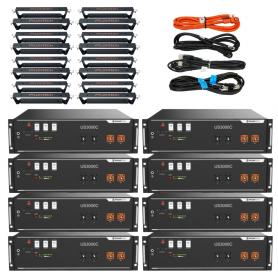 Sale!In Stock = 10x
Sale!In Stock = 10x -
 Sale!Pre-order! Be the first in line to receive this product. When item is on stock we will serve the already placed orders first.
Sale!Pre-order! Be the first in line to receive this product. When item is on stock we will serve the already placed orders first. -
-
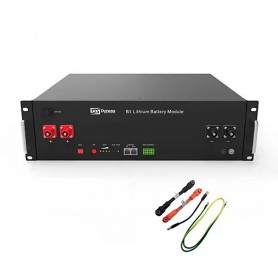 Sale!Pre-order! Be the first in line to receive this product. When item is on stock we will serve the already placed orders first.
Sale!Pre-order! Be the first in line to receive this product. When item is on stock we will serve the already placed orders first. -
Huawei 6.9kWh LUNA2000-7-E1 S1 Battery Unit Smart String Energy Storage System ESS
Note: Shipping costs must be calculated separately for this product.Reduced price! -
-
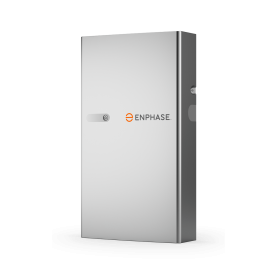 Sale!Pre-order! Be the first in line to receive this product. When item is on stock we will serve the already placed orders first.
Sale!Pre-order! Be the first in line to receive this product. When item is on stock we will serve the already placed orders first. -
Huawei 6.9-20.7kWh LUNA2000-7-14-21-S1 Smart String Energy Storage System ESS
Note: Shipping costs must be calculated separately for this product.Reduced price! -
 Sale!In Stock = 4x
Sale!In Stock = 4x -
 Sale!In Stock = 1x
Sale!In Stock = 1x -
-
-
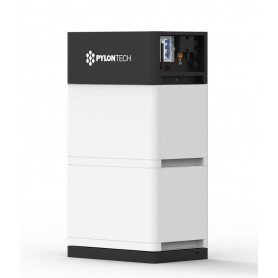 Sale!In Stock = 20x
Sale!In Stock = 20x

 en
en
 nl
nl  de
de  fr
fr  es
es  it
it 



























 United States.
United States.